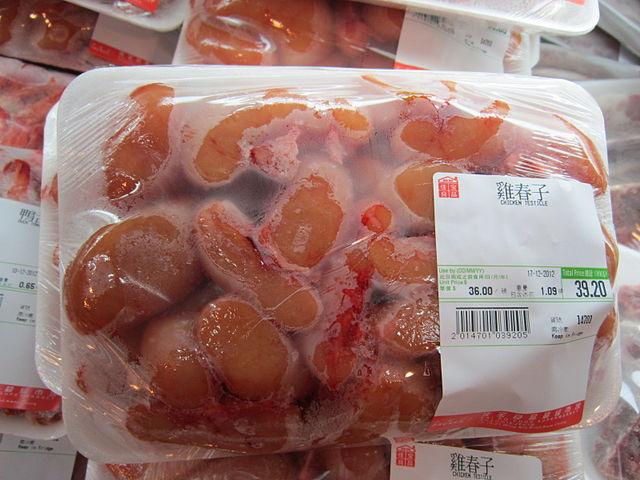A Singapore-based scientist has given a warning that the coronavirus or COVID-19 can be spread cross-border through the US $1.5 trillion global agri-food market. There are chances that the contaminated food products can transfer the virus to the workers as well as the environment, as stated by Dale Fisher, who is an infectious disease doctor at the National University Hospital of Singapore.
The frozen food markets are thought to be one harbor of the first part of a chain of transmission, he mentioned. "It's hitching a ride on the food, infecting the first person that opens the box. It's not to be confused with supermarket shelves getting infected. It's really at the marketplace before there's been a lot of dilution," Fisher said in an interview as reported by the South China Morning Post.
In recent times, China has been starting about discovering the virus on the packaging and food, which raised fears that imported products are linked to the surge of virus cases. Beijing has given orders for precautionary steps.
COVID-19 Transmission From Food

It is a theory that the WHO and a few of the western countries have been downplaying. The WHO said that the recent evidence shows that it is not likely that the virus can be transmitted from the surfaces to the respiratory systems. The US Food and Drug Administration has also mentioned that it is not aware of any evidence that suggests the disease can spread through food.
"There's two schools of thought and the minority view which I adhere to is that there's a lot of circumstantial evidence. A lot of people may be against this because they don't want to scare the world – the food could be a source," Fisher said.
The experiments conducted by Fisher's team show that the virus can survive in the time and temperatures associated with transportation and also the storage conditions in case of international food trade. The study published in August showed the virus was strong after 21 days at standard food refrigerator and freezing temperatures when the pathogen got added to the samples of pork, salmon, and chicken.
As the virus stays alive in cold temperatures thus the cold storage facilities are ideal for outbreaks. "It's because there's a lot of stainless steel, which it grows on. It's cold, it's crowded – it's noisy so the people have to yell," the scientist said. China has reported cases of discovering live virus on imported frozen seafood. The Asian country mentioned that imported refrigerated goods are risks for reintroducing the coronavirus in the nation.
Fisher mentioned the reason Asian nations are more likely to get evidence of food and packaging transmission is due to the contained nature of the outbreaks in the majority of the countries. As per the scientist to prevent the transmission the food production companies require to ensure workers wear masks and wash hands regularly.









